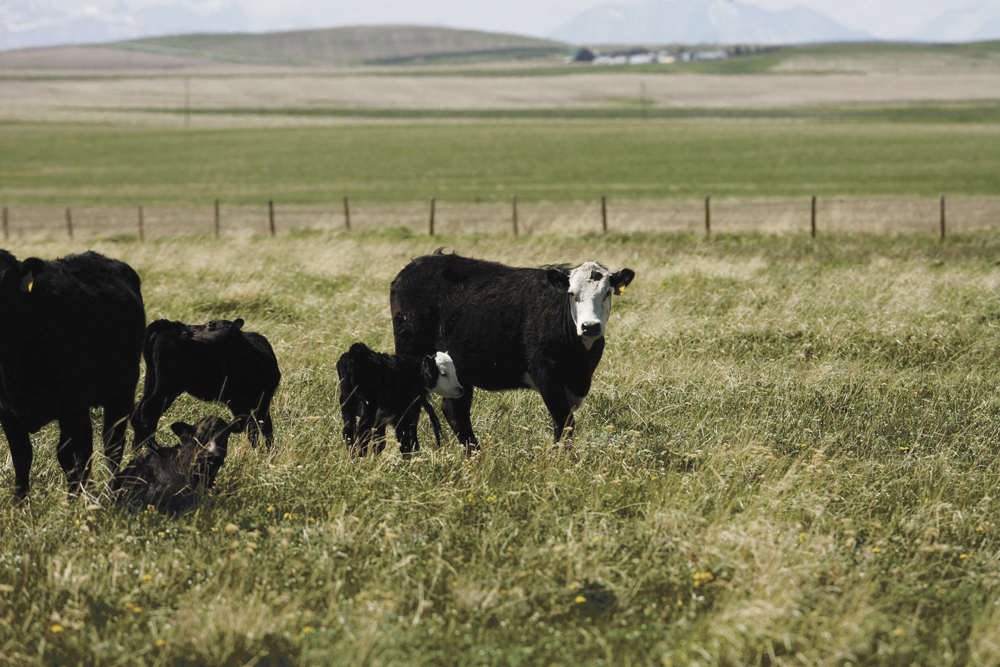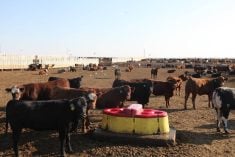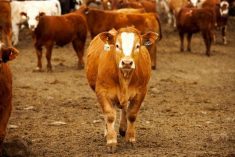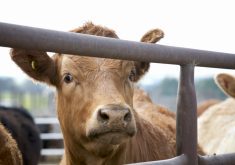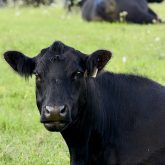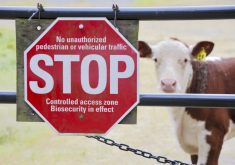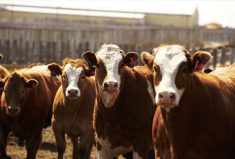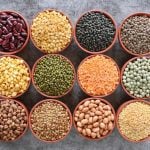There are things that beef producers need to look out for in the coming months when it comes to herd health and biosecurity.
“We do know that there are changes in play that will require all medically important antimicrobials to become prescription only,” said Rob McNabb, general manager of the Canadian Cattlemen’s Association.
Some medically important products are still available over the counter — not just through veterinarians. This will change, although there are still ongoing discussions between the federal government and the provinces on some details. Ottawa has the authority to determine what is sold by prescription and what can be sold over the counter, but the provinces play a major role, too.
Read Also
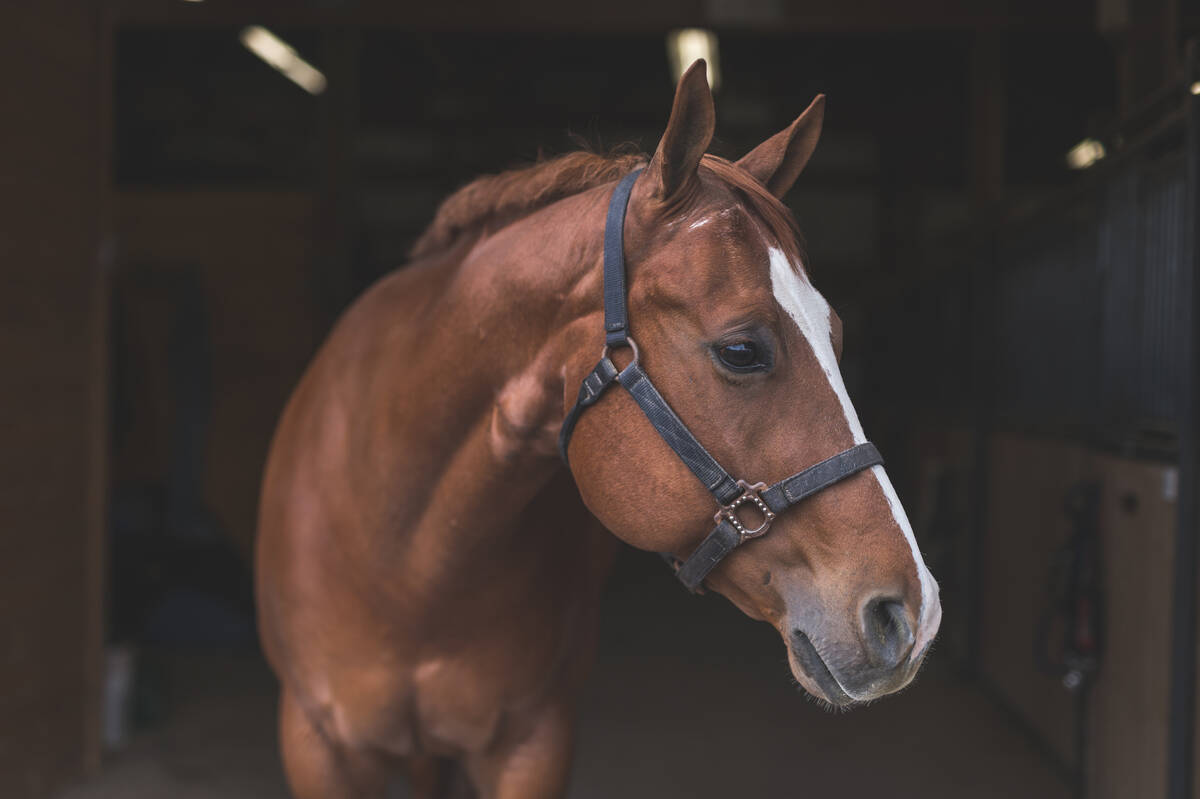
Canada’s slaughter horse industry lacks transparency
Horse slaughter is a fraught issue right now in the Canadian livestock sphere. The author writes that, while it has a role, traceability, transparency and humane handling must be in play.
“It’s provinces that have the jurisdiction over the sale and distribution of veterinary pharmaceuticals,” said McNabb, who is based in Calgary.
Antimicrobials should be a major focus for all producers because of a growing public concern about antibiotic resistance and the threat that poses. And while the beef industry does a pretty good job in using pharmaceuticals the right way, there is always room for improvement, he said.
Veterinarians can be a big help in advising producers on the use of medications, and also in lowering the incidence of disease and health issues — but they need to know the operation, he added.
“We want people to be aware that if they don’t have a veterinary client/patient relationship, now would be a good time to get one,” he said.
Producers should also watch out for a finalized traceability system. Regulations governing mandatory premise identification and animal movement will be finalized next year.
“That’s a complex issue at the moment, because it requires both federal, provincial and industry collaboration in moving it forward,” said McNabb.
Another thing that producers should watch out for is biosecurity. It’s increasingly important to know where animals are coming from and their history, and to be cautious about introducing them to the rest of the on-farm herd, he said.
Biosecurity doesn’t stop with just the animal traffic, either — people are also important components of maintaining proper biosecurity.
Producers should be vigilant about who is coming to their farm, whether or not these people have taken proper precautions and might be bringing “problems” onto a rancher’s property, said McNabb.
“I think biosecurity is going to be of huge importance as we’ve seen with other species that seem to constantly have something happening. A lot of it can be routed back to a lapse in biosecurity, whether it is PEDv in hogs or avian influenza in poultry.”
Biosecurity is a key part of the Verified Beef Sustainability Plus program (VBP+), which is going through another rebirth. The program is also tied in with the Canadian Roundtable for Sustainable Beef, which is expected to release the results of its pilot project this fall.
McNabb said the basic foundation of sustainability is in the VBP+ program, and that the program represents a minimum entry requirement to meet some of the demands of the global marketplace.


